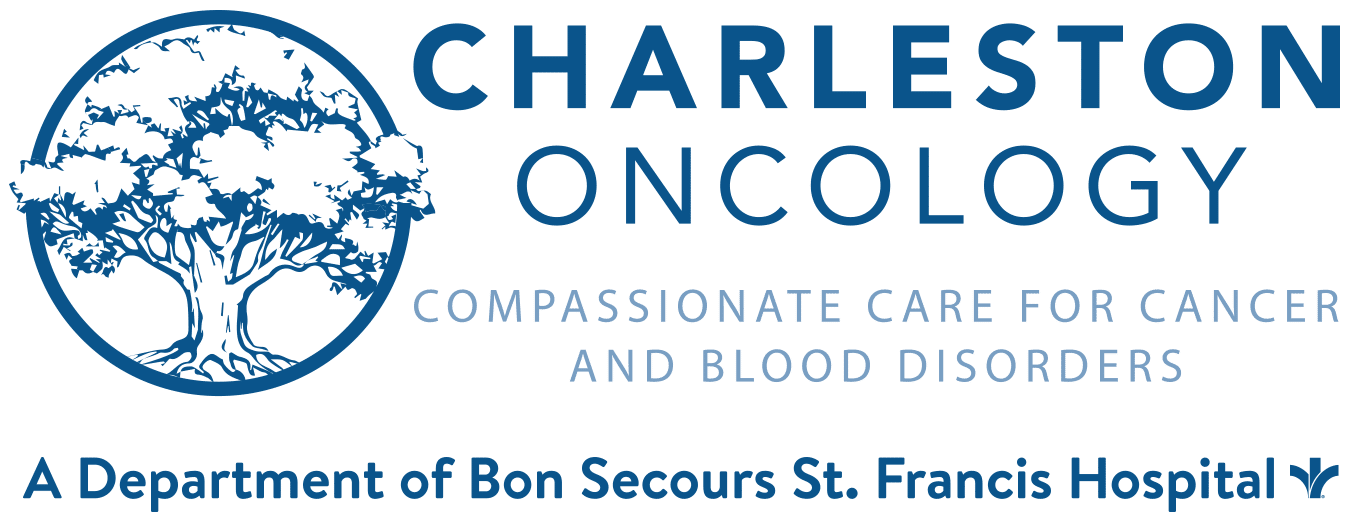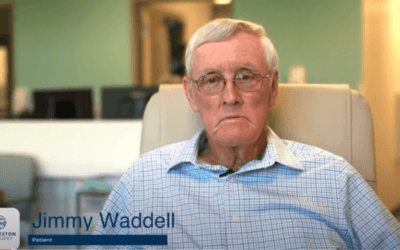Gastrointestinal Cancers
Cancer can strike almost anywhere in your body, which is certainly true of your vast gastrointestinal (GI) system. GI cancer is a catchall category for a host of cancers that range from pancreatic to stomach cancer. To help you negotiate your GI cancer, the team at Charleston Oncology brings the latest treatments and science to bear in fighting your disease.


GI Cancers Q & A
What are the most common gastrointestinal cancers?
Your digestive tract is a complex system that starts with your throat and ends with your anus. Unfortunately, cancer can strike almost anywhere along with this extensive system. The most common forms of gastrointestinal cancer include:
- Colorectal cancer
- Esophageal cancer
- Gallbladder cancer
- Stomach cancer
- Pancreatic cancer
- Gastrointestinal stromal tumor (GIST)
- Liver and bile duct cancers
- Anal cancer
As the list demonstrates, the range of cancers that can affect your gastrointestinal tract is broad. Many of these cancers are covered under their own service pages on this website, so the focus here will be on GIST, as well as esophageal and stomach cancers.
What is esophageal cancer?
This cancer strikes almost 18,000 people in the United States each year, with men outpacing women by almost 4:1. Esophageal cancers are typically squamous cell carcinomas or adenocarcinomas, both of which can be aggressive, requiring prompt treatment.
The different treatments recommended by the team at Charleston Oncology are often both local and systemic, and include:
- Surgery
- Chemotherapy
- Radiation
- Endoscopic treatments
- Immunotherapy
- Targeted therapy
- Clinical trials
Once your doctor evaluates your condition, they come up with the best plan for your unique situation.
What is GIST?
Gastrointestinal stromal tumors (GISTs) mostly develop in your stomach or small intestine. These tumors are rare, but the good news is that the doctors at Charleston Oncology have had great success in helping their patients successfully fight off the disease through tumor removal and follow-up therapies.
What is stomach cancer?
Stomach cancer is not terribly common, with just over 26,000 diagnoses each year, mostly among adults ages 65 and older. The cancer is usually an adenocarcinoma that develops in the mucus-producing cells that line your stomach walls.
The doctors at Charleston Oncology typically diagnose stomach cancer using an endoscopic tool that gives them a better look at the inside of your stomach. If they confirm cancer, they recommend the guidelines put forth by the National Comprehensive Cancer Network, which include:
- Surgery
- Radiation
- Chemotherapy
- Targeted therapies
- Palliative care
- Clinical trials
If you’re dealing with a gastrointestinal cancer diagnosis, call Charleston Oncology for the latest treatments and care.
Send UsA Message
A Grateful Patient’s Breast Cancer Journey
I am currently undergoing treatment for breast cancer at Roper St. Francis Hospital and would like to acknowledge two physicians who truly embody your mission of “healing with compassion, faith and excellence”.
National Cancer Survivor Month
Please join Charleston Oncology and the American Association for Cancer Research (AACR) in support of National Survivor Month, celebrating those who have fought the disease and those currently in treatment.
National Cancer Survivor Month
June is National Cancer Survivor Month and throughout the month we are honoring our brave patients and sharing their inspirational stories.
Melanoma Prevention and Awareness
May is Skin Cancer Awareness Month. Melanoma is a type of skin cancer that develops when melanocytes (the cells that give the skin its tan or brown color) start to grow out of control. Watch the video to learn more about melanoma from Charleston Oncology’s Dr. Charles S. Holladay.
Tips for Diagnosing Breast Cancer Early
Dr. Shelly Shand shares important tips for diagnosing breast cancer early and the latest advancements in breast cancer.
Staying Aware for Breast Cancer Awareness Month
Staying Aware for Breast Cancer Awareness monthCharleston Oncology is proud to sponsor Staying Aware for Breast Cancer Awareness month in conjunction with WCIV News Channel 4. We continue to partner with our community to ensure that every woman has the best chance of...






